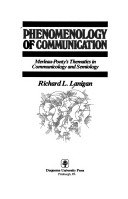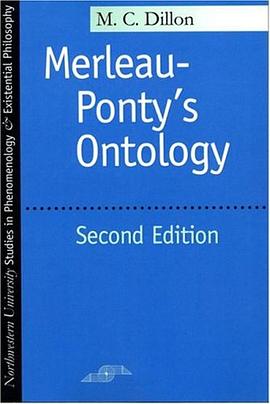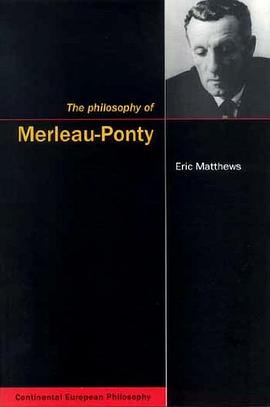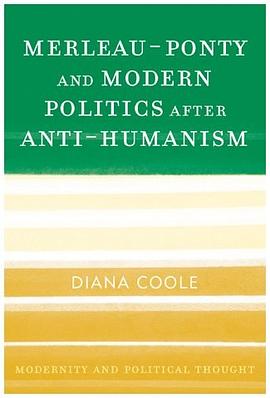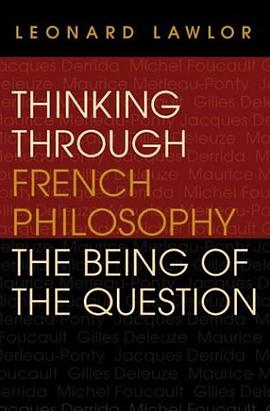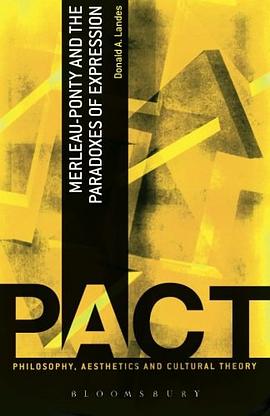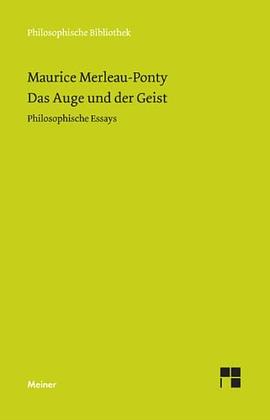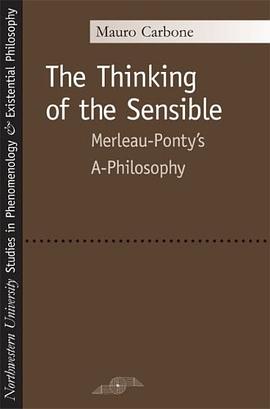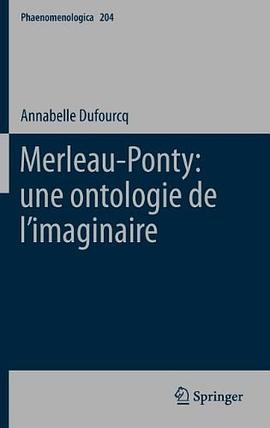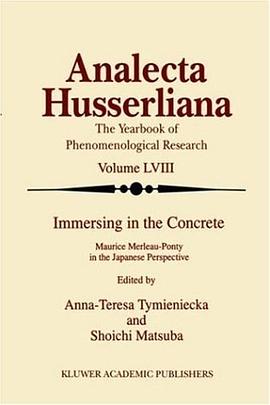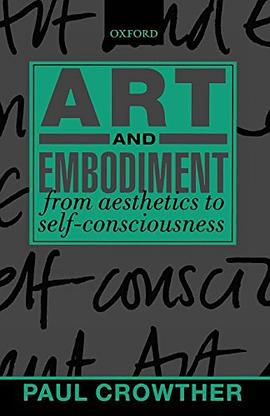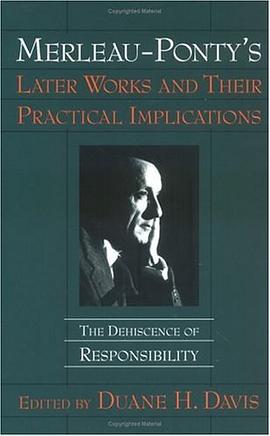

In his final and posthumously published work, "The Visible and the Invisible", Maurice Merleau-Ponty employed the term 'dehiscence' as a wonderful metaphor to describe our emergence within the world. This botanical term aptly calls to mind both the efflorescence of individuality within a shared context and the development of the practical implications of Merleau-Ponty's thought. The latter subject is the principal focus of the works collected in this book. Part one, a translation of three recently discovered letters between Jean-Paul Sartre and Merleau-Ponty, provides a detailed record of the disagreement over political issues that ultimately drove the two philosophers apart. Part two contains five essays devoted to the political implications of Merleau-Ponty's later thought; some scholars criticize the attempt to find practical political applications for this thought; others suggest how such a project might be accomplished. Part three contains another five essays devoted to the ethical implications of these later texts. As in the previous section, some are critical assessments, others adumbrate the ways in which these insights might be successfully appropriated for such a praxis.
具體描述
讀後感
評分
評分
評分
評分
用戶評價
相關圖書
本站所有內容均為互聯網搜索引擎提供的公開搜索信息,本站不存儲任何數據與內容,任何內容與數據均與本站無關,如有需要請聯繫相關搜索引擎包括但不限於百度,google,bing,sogou 等
© 2025 qciss.net All Rights Reserved. 小哈圖書下載中心 版权所有


